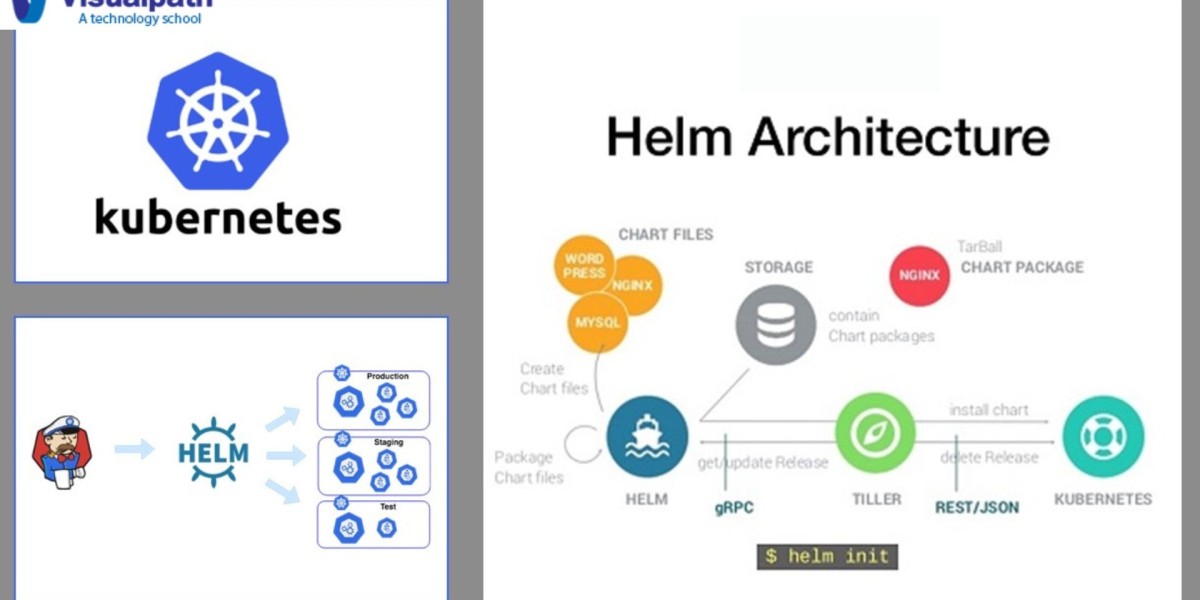In the fast-paced world of software development, the pursuit of performance optimization is a continuous journey. As technology advances and user expectations grow, developers face the challenge of creating software that not only meets functional requirements but also performs efficiently. Precision in code has emerged as a critical factor in achieving this delicate balance between functionality and performance. In this article, we will explore the importance of precision in code and how it enhances performance across various aspects of software development.
The Role of Precision in Code
Precision in code refers to the practice of writing code that is clear, concise, and highly optimized. It involves making deliberate decisions about algorithms, data structures, and implementation details to ensure that the software operates efficiently and reliably. Precision-driven development not only results in faster execution but also reduces resource consumption and minimizes the chances of bugs and errors.
Enhancing Algorithmic Efficiency
One of the foundational aspects of precision in code is selecting the right algorithms for the task at hand. Carefully chosen algorithms can drastically improve the overall performance of software development solutions. For instance, when sorting large datasets, opting for efficient sorting algorithms like quicksort or mergesort can lead to significant time savings compared to less efficient alternatives.
Precision in algorithm selection also involves considering factors such as time complexity, space complexity, and scalability. By analyzing these aspects and choosing algorithms that align with the specific requirements of the application, developers can create software that performs optimally even under heavy workloads.
Optimized Data Structures
Just as algorithms play a crucial role, so do data structures. Precision in code means using the most appropriate data structures for storing and manipulating data efficiently. For instance, when dealing with frequent insertions and deletions, a balanced tree structure like AVL or a hash map might be preferred over a simple array.
Additionally, modern programming languages and frameworks often provide specialized data structures optimized for specific use cases. By leveraging these structures, developers can fine-tune their applications to achieve better performance without sacrificing readability or maintainability.
Reducing Redundancy and Overhead
Precise code doesn't just focus on what is necessary; it also eliminates what is redundant. Unnecessary loops, redundant calculations, and duplicated code segments can lead to increased execution time and memory consumption. Developers striving for precision carefully review their codebase to identify such redundancies and remove them.
Furthermore, minimizing overhead is a critical aspect of precision in code. This involves reducing unnecessary function calls, memory allocations, and context switches. By doing so, developers can create leaner code that executes more swiftly and consumes fewer resources.
Mitigating Bottlenecks
Software applications often have performance bottlenecks, which are areas of the code that slow down the entire application. Precision in code requires identifying these bottlenecks and implementing targeted optimizations. Profiling tools and performance monitoring techniques are invaluable resources for pinpointing bottlenecks and understanding the runtime behavior of an application.
By addressing bottlenecks through precise code improvements, developers can ensure that the overall performance of the application is enhanced, resulting in a smoother user experience.
The Benefits of Precise Error Handling
Precision in code is not limited to performance optimization; it also extends to error handling. Well-designed error handling mechanisms can prevent unexpected crashes and ensure that the application gracefully handles errors. Precise error handling involves distinguishing between different types of errors, providing meaningful error messages, and implementing robust recovery mechanisms.
When errors are handled with precision, the application remains stable and responsive, even in the face of unexpected scenarios. This contributes to an improved user experience and builds trust in the reliability of the software.
Maintainability and Collaboration
While the focus of precision in code is on performance enhancement, it also has positive implications for code maintainability and collaboration. When developers adhere to precise coding practices, the codebase becomes more manageable, and collaboration among team members becomes smoother.
Conclusion
In the evolving landscape of software development services, the pursuit of performance optimization remains a constant challenge. Precision in code offers a comprehensive approach to enhancing performance by focusing on algorithmic efficiency, optimized data structures, reducing redundancy and overhead, mitigating bottlenecks, and improving error handling. This commitment to precision not only results in faster and more efficient software but also contributes to maintainability, collaboration, and a seamless user experience. As developers continue to refine their skills and embrace the principles of precision, they pave the way for a future where software not only functions well but also performs at its best.








